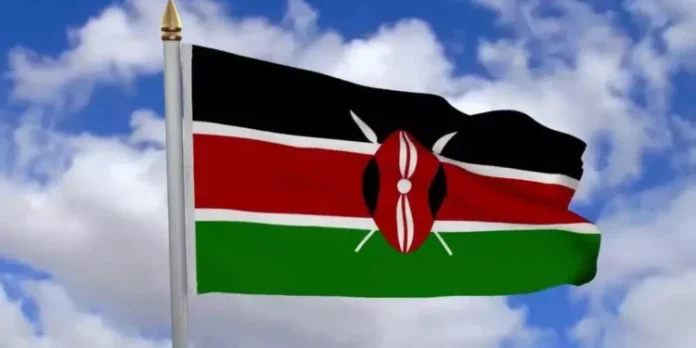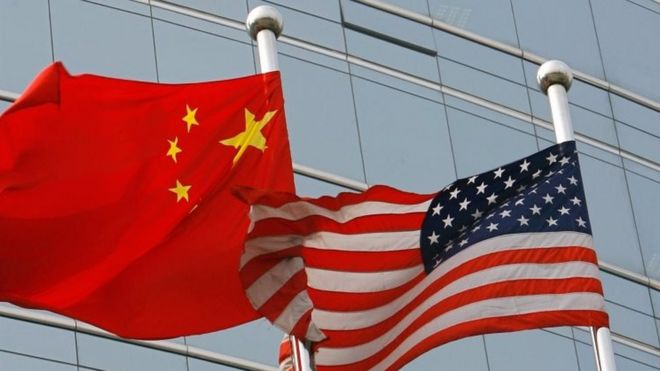Kenya removes the pre-authorization requirement for citizens from most African countries, making travel easier and boosting tourism. A new cabinet directive eliminates the need for an Electronic Travel Authorization (ETA) for most African travelers, a system previously criticized as an unnecessary visa restriction.
Under the new policy, visitors from most African nations can enter Kenya without applying for an ETA in advance. However, citizens from Somalia and Libya still require pre-authorization due to security concerns.
Reports confirm that Kenya’s decision simplifies entry for nearly all African travelers.
- This policy change follows Kenya’s drop in the 2024 Africa Visa Openness Index, where it ranked 46th out of 54 countries due to strict entry regulations.
- The government aims to support the “open skies” initiative, increase tourism, and improve ease of movement across Africa.
- Officials emphasize that the new policy aligns with Kenya’s commitment to regional integration and economic growth.
Citizens from Uganda, Tanzania, Rwanda, and Burundi continue to enjoy special entry privileges under the East African Community (EAC) agreement. They can stay in Kenya for up to six months without additional entry requirements.
Kenya introduces an enhanced approval system to replace the ETA, allowing instant processing for visitors with a maximum wait time of 72 hours.
- The government has not announced an official start date but plans to finalize airport entry guidelines within a week to improve travel efficiency.
Despite easing travel restrictions, Kenya maintains strict security protocols. The government confirms that the new system strengthens pre-screening measures, enhances security checks, and improves entry procedures.
- Authorities remain cautious about regional threats, including risks posed by al-Shabab militants from Somalia.
This policy shift follows similar efforts by Ghana and Rwanda to ease travel restrictions for African nationals. It also supports the African Union’s goal of improving intra-African travel and fostering stronger regional ties.













